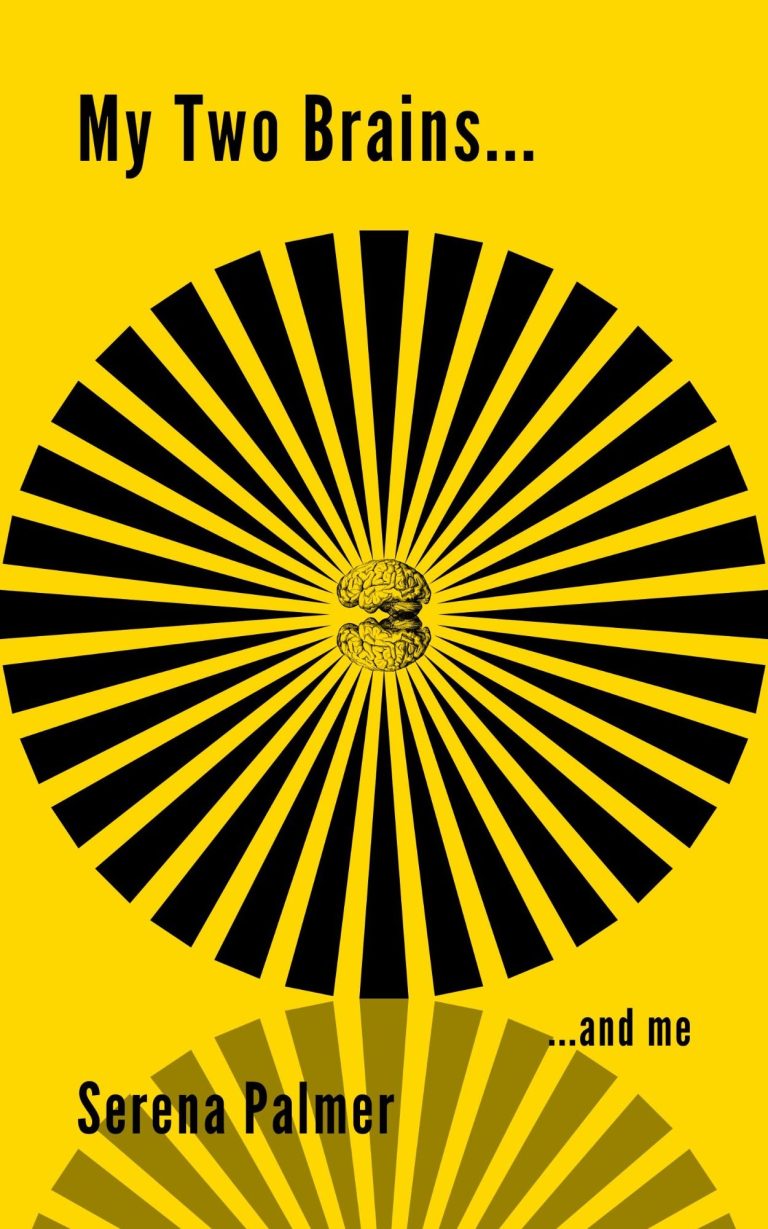ADHD & Addiction
1 in 10
High-achieving executives grapple with addiction.
Adults with late ADHD diagnoses may already struggle with addiction.
60%
3x Risk
ADHD triples the risk of substance use disorders
The Link Between ADHD and Addiction: Late Diagnosis and the Rise of Exec Addiction
The numbers are startling: 1 in 10 high-achieving executives struggle with addiction. And for those diagnosed with ADHD later in life, the risk is even greater. Studies show that up to 60% of adults diagnosed with ADHD in adulthood may already be grappling with a substance use disorder.
For many high-achieving individuals, a late ADHD diagnosis can be a revelation, explaining years of struggles with focus, impulsivity, and emotional regulation. "Issues with focus" can manifest in different ways, from hyperfocus and relentless pursuit of perfection to constant task-switching and an inability to prioritize. What's often missed is the strong link between ADHD and addiction.
Research shows that adults with ADHD have three times the risk of developing substance use disorders. This is partly due to differences in dopamine regulation. ADHD brains often have lower baseline dopamine levels, leading to self-medication with substances or behaviours that provide a dopamine hit. This can manifest as "exec addiction" – workaholism, substance abuse, or other compulsive behaviours like gambling, excessive spending, or even exercise and sugar addiction – aimed at providing that initial pleasurable surge, which can quickly spiral out of control.
It's time to redefine "addiction." It's not always about alcohol or drugs. It's about any behaviour that you've lost control over and has a detrimental effect on your life. And it's time to bust the myth that addiction is a moral failing. It's often a complex interplay of neurobiology and environment.
That's why I help individuals and companies understand and educate on neurodiversity and the rise of exec addiction.
If you're struggling with focus, impulsivity, or finding yourself caught in the cycle of addictive behaviours, it's crucial to seek help. Don't let shame or stigma hold you back.
ADHD & Addiction Services
Learn more about #breaktheshame visit

Do you ever feel like your brain works differently from everyone else’s? Like you’re always running at full speed and juggling a million things, all the while still wondering if you’re enough? Maybe you wind down with a glass of wine — or a few — and it’s becoming a negative habit that you try to tell yourself is fine.
I know what it’s like to live with a busy brain and to feel the pressure to keep up while carrying the weight of life’s challenges. For years, I thought I needed drinking to take the edge off or help me feel normal. What I didn’t realise was how much it was holding me back and the fact that my brain had been primed practically from birth to fall into addictive behavior and unhealthy coping mechanisms.
Is this book about judgment?
Absolutely not!
It’s about rethinking the habits and beliefs that no longer serve you. It’s about learning to trust yourself and finding tools that work for your mind (especially if that mind so happens to be neurodivergent). In the end, it’s about building a life where you thrive — without relying on a crutch. (And no, you’re not going to lose your incredible sense of humor or become the boring friend).
If you’ve ever wondered what your life could look like with more clarity and balance, this might be the book for you.
Does it have all the answers?
How could it possibly? If only life were that simple.
But I will say this for it. It is filled with mirror moments that will help you see yourself — moments that will hopefully inspire you to make changes that work for you and your unique life.
My Two Brains...and Me
by Serena Palmer
Straight Outta Rehab: The 5 minute Daily Journal Specifically Designed to Transition You from Rehab to Home
Straight Outta Rehab: The Daily Journal To Help You Stay Sober, Bring You Joy, And Keep It Real.
You've done incredibly well completing rehab, but returning home can be daunting. This journal, designed by an addict in recovery, understands that struggle. I've used countless recovery journals, but none struck the perfect balance. That's why I created this one, built on key principles to guide you forward:
- Gratitude: Guided prompts help you acknowledge and record the good in your life, fostering a positive mindset.
- Relinquish Control: Reflect on what you're trying to control, and refocus on the one thing you can: yourself.
- Stay In Your Lane: Connect with like-minded people, but remember their recovery path is their own. This journal helps you avoid taking on their journey and focus on yours.
- It's All About Other People: Addiction is selfish. This journal encourages daily acts of kindness, helping you shift focus outward and experience the joy of giving.
- The Universe Has A Plan: As you apply these principles, watch how things fall into place. Record those "glimmers" and synchronicities – they're proof you're on the right path.
This journal keeps you accountable while being pragmatic and real. This is where the real work begins, and it's worth every bit of effort.
The universe has a plan for you. Let this journal help you discover it.

We need your consent to load the translations
We use a third-party service to translate the website content that may collect data about your activity. Please review the details in the privacy policy and accept the service to view the translations.






